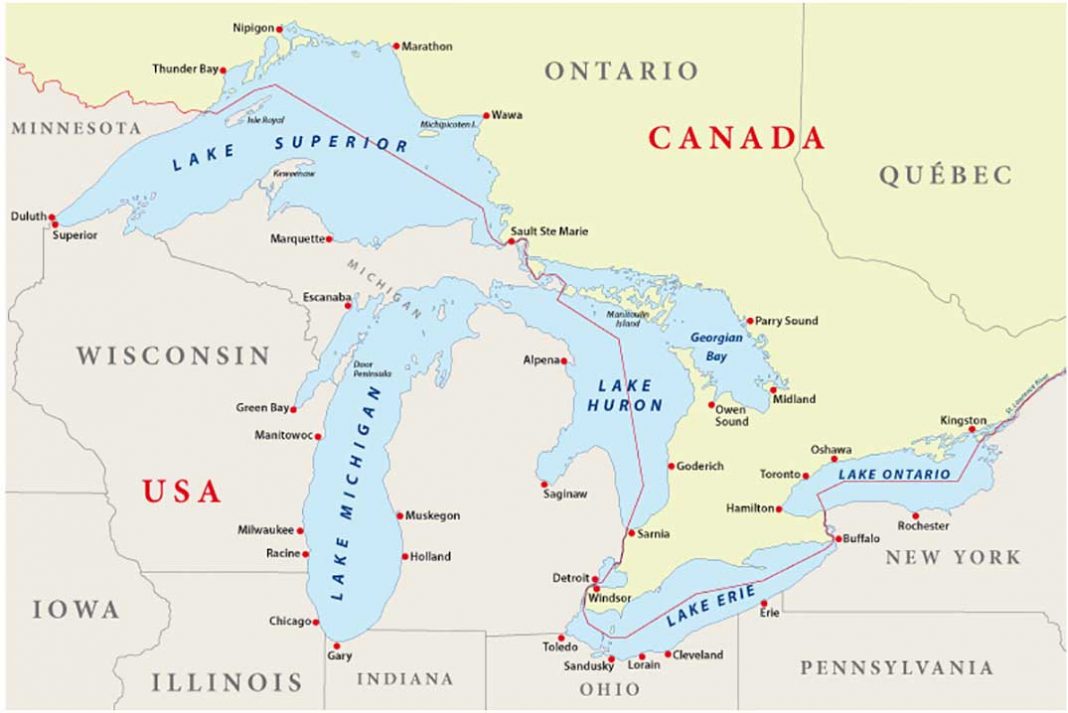GREAT LAKES—In an effort to address the complexities surrounding short-term rentals, the Great Lakes Island Alliance (GLIA), of which Manitoulin Island is a member, recently convened a meeting chaired by Matt Preisser from the Michigan Department of Environment, Great Lakes and Energy (EGLE). The session featured insightful discussions led by Lisa Brush of the Stewardship Network, alongside various stakeholders, highlighting success stories and regulatory hurdles faced by communities grappling with the issue.
Kicking off the meeting with a positive note, participants shared success stories, exemplifying the benefits of short-term rentals within communities. One notable example was Cedar Cove in North Port Bay, Michigan, where a family home was transformed into a rental property following the owner’s passing. Despite initial concerns, the property’s transformation garnered positive feedback from neighbours, showcasing the potential for harmonious integration of short-term rentals.
Illustrating the importance of regulations, attendees emphasized the need for clear guidelines to govern short-term rental operations effectively. In North Port Bay, for instance, a regulatory process involves an annual registration form and requires a designated individual available 24/7 to address any issues arising from rental properties.
The discussion then shifted to Madeline Island, Wisconsin, where local governments are grappling with managing a significant portion of homes allocated to short-term rentals. Concerns were raised regarding the impact of short-term rentals on housing availability for year-round residents and the need for balanced regulation to minimize negative repercussions.
Moreover, issues of absentee landlords and the strain on local resources, such as water and septic systems, were highlighted, particularly on Michigan’s Beaver Island. As communities navigate the intricacies of short-term rental ordinances, there’s a collective emphasis on thorough data collection and community engagement to craft effective regulatory frameworks.
Addressing staffing challenges, participants discussed the need for adequate personnel to oversee compliance and enforcement of rental ordinances. Concerns were also raised regarding noise disturbances, safety regulations and the impact of short-term rentals on employee housing, particularly in areas like Mackinac Island’s business district.
Challenges persist, including the shortage of seasonal worker housing and the need for multi-level education to ensure responsible rental practices.
As discussions concluded, stakeholders reiterated the importance of collaboration and proactive measures to address the complexities surrounding short-term rentals effectively. Moving forward, GLIA remains committed to fostering dialogue and developing sustainable solutions to navigate the evolving landscape of short-term rental management.





